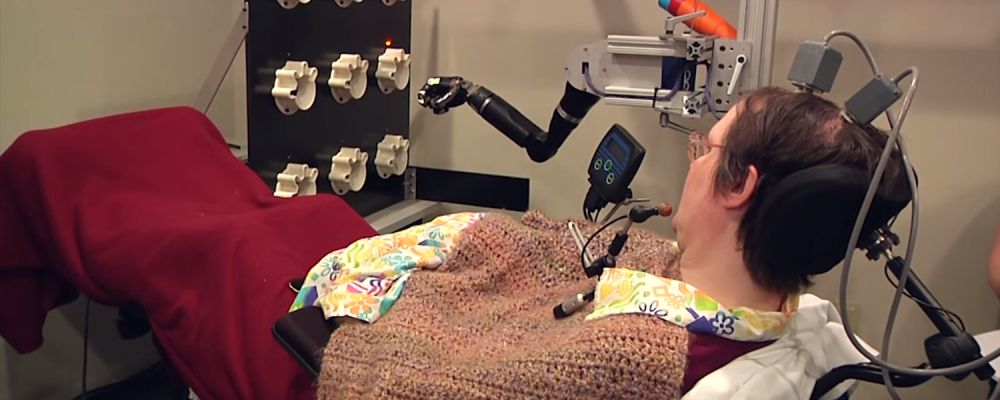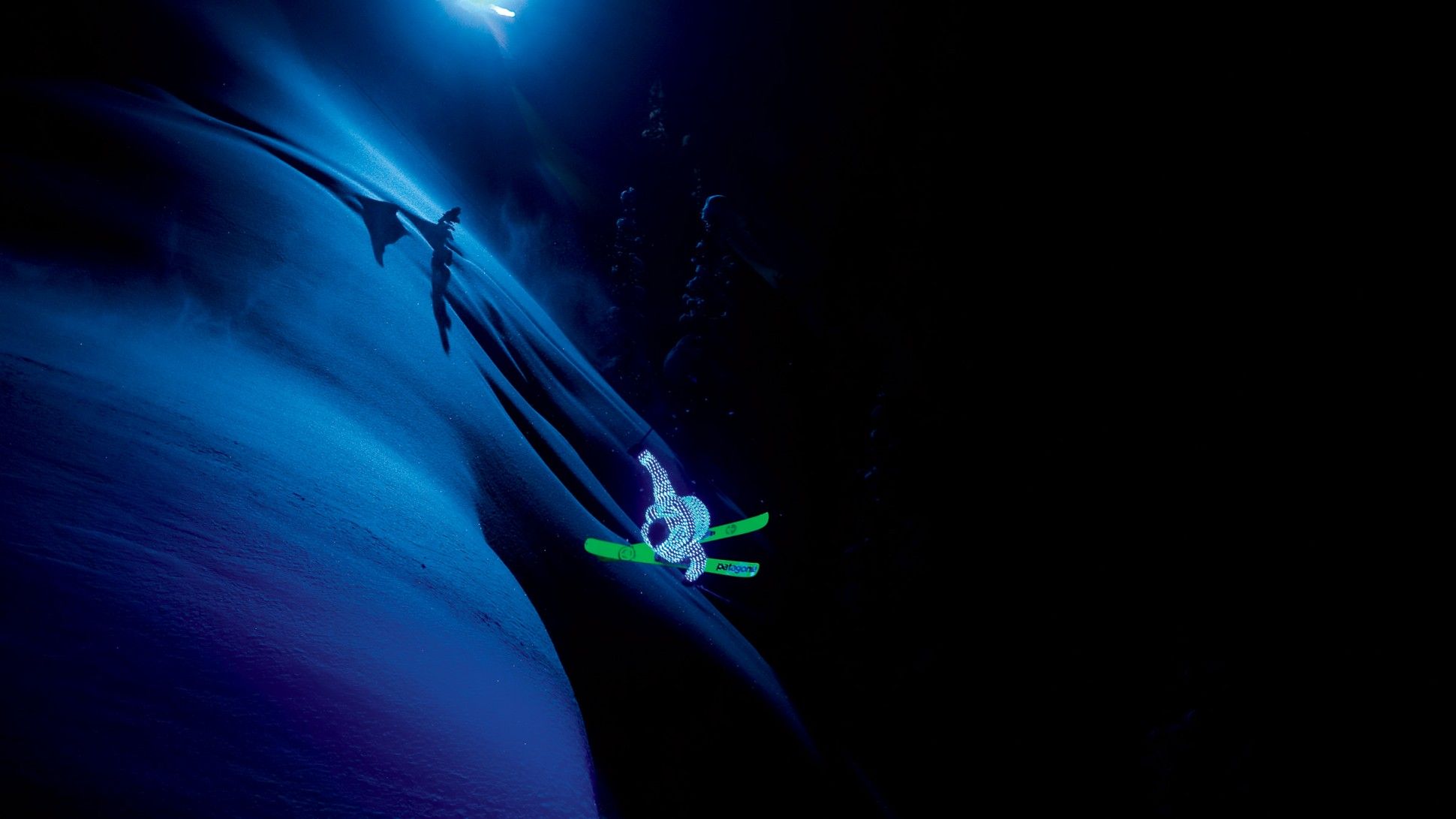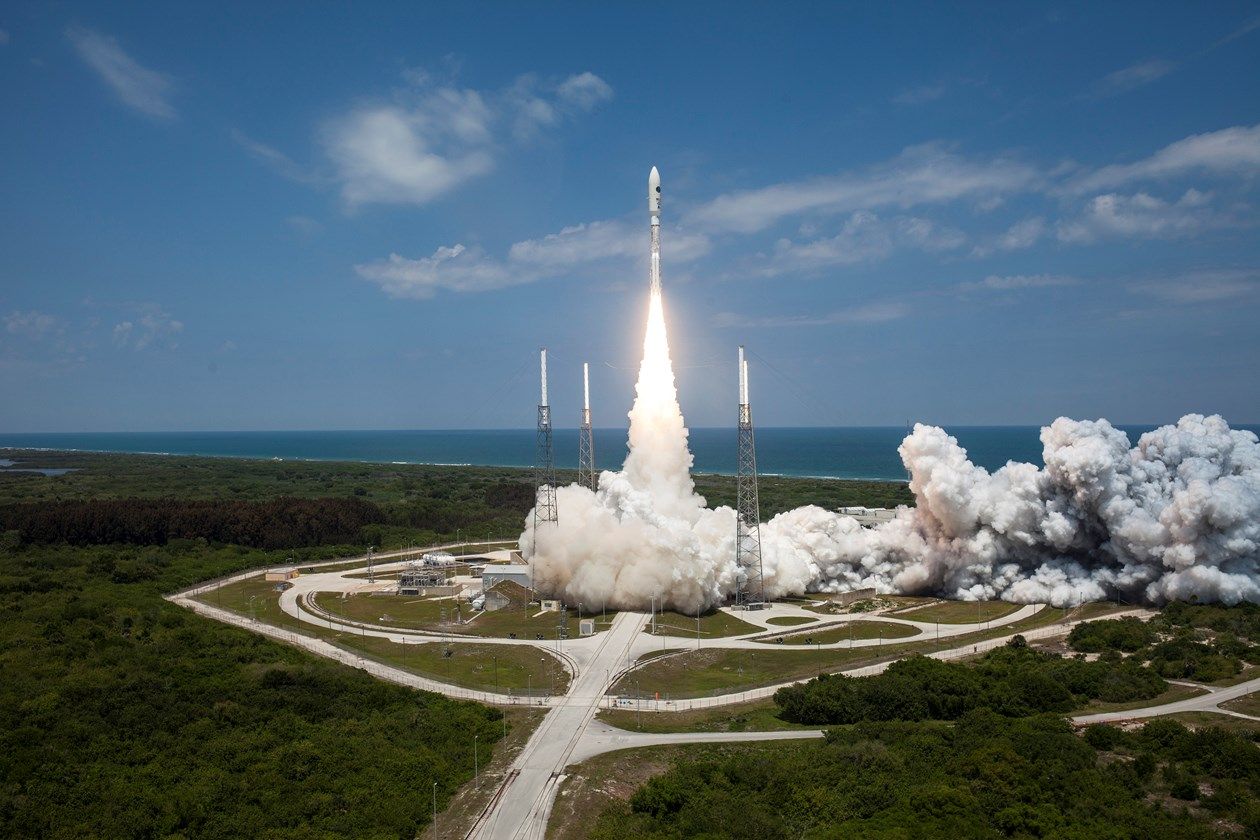Jan 16, 2015
Voxel8: The World’s First 3D Electronics Printer
Posted by Seb in category: 3D printing
Voxel8
Voxel8 has created the world’s first 3D electronics printer from the ground-up. Novel conductive materials and 3D printing technology from the Lewis Research Group at Harvard University. New software crafted for the Voxel8 printer called Project Wire by Autodesk.
The Voxel8 printer truly allows you to combine electronics with novel mechanical forms. Visit voxel8.co for more information. What would you print?


 By
By 

 By Singularity University
By Singularity University











